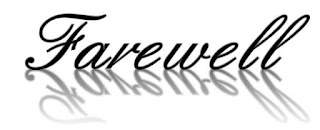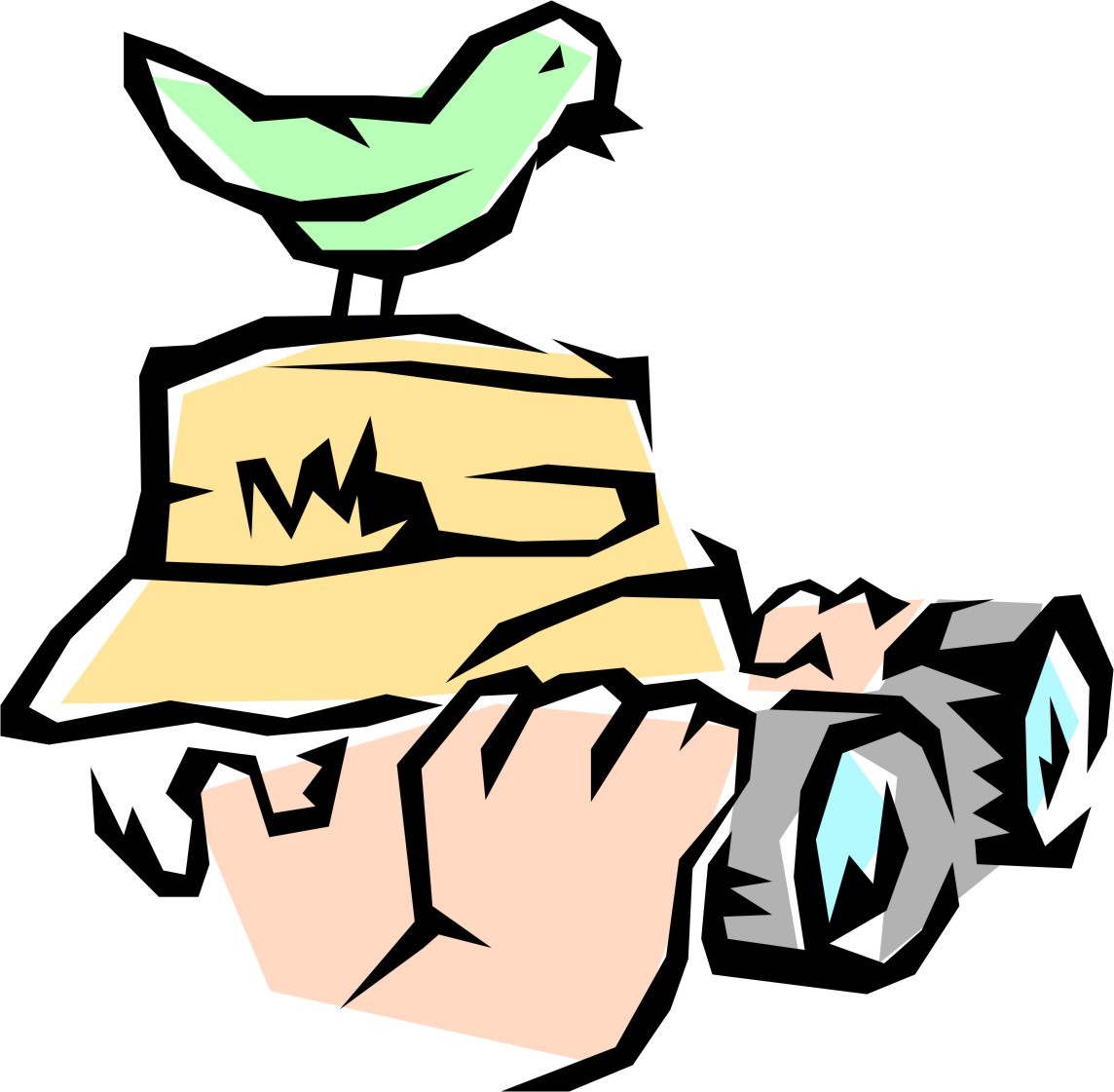
At the beginning of his novel, The Shadow of the Wind,Carlos Ruiz Zafón has Daniel and his father making Daniel's first visit to the "Cemetery of Forgotten Books" in post-WWII Barcelona. As Daniel's father explains it:
This is a place of mystery, Daniel, a sanctuary. Every book, every volume you see here, has a soul. The soul of the person who wrote it and of those who read it and lived and dreamed with it. Every time a book changes hands, every time someone runs his eyes down its pages, its spirit grows and strengthens.*
Zafón (or Daniel's father) doesn't say it, but I took this passage also to imply that the book becomes part of the soul of the reader. And, in my experience, the more folks I know who've read a certain book, who've shared their thoughts and feelings about it, my tie to the book "grows and strengthens". There arises a community "of the book".
This put in my mind of part of Tim Crane's analysis of religion in The Meaning of Belief,**the subject of this month's book discussion. Crane takes to task the "New Atheists" (e.g., Sam Harris, Daniel Dennett, Christopher Hitchens, etc.) for missing the point about religion. He argues (among other things) that these authors want to reduce religion to a antiquated cosmology so that they can more easily dismiss it. He points out that these authors don't quite understand why the "religious" don't fall under the weight of their critique, and renounce their delusion. And, then, Crane asserts that it's because the "religious" don't base their adherence to a religious system solely on its cosmology.
Crane—an atheist himself—proposes that the religious world-view is a combination of (a) a sense of the transcendent, and (b) the role of identification with a community—past and present—that provides, through rituals, being together, and common understanding, ways of making meaning in one's own life, and of life in general. This goes far beyond any kind of cosmology.
Most religions, or course, arereligions "of the book" in one way or another. Attitudes towards sacred texts vary, but the transmission of the tradition relies in no small part on the presence of those texts in the lives of the community of the faithful. Those texts help "make us" who we are. But, if my supposition about Zafón's implication that books become part of the soul of the reader is correct, I have to wonder what we do to ourselves when we pull other volumes off of the shelf. And, here, of course, I include more than simply novels, but movies, social media, etc. -- any transmission of information.
An old cliché has it that "You are what you eat". If it were modified a bit, would we be happy knowing that "We become what we read"? And, if not, what's our appropriate response?
Gary
*Translated by Lucia Graves (Penguin Books, 2004), 5-6.
** Subtitled Religion from an Atheist's Point of View(Harvard, 2017).





